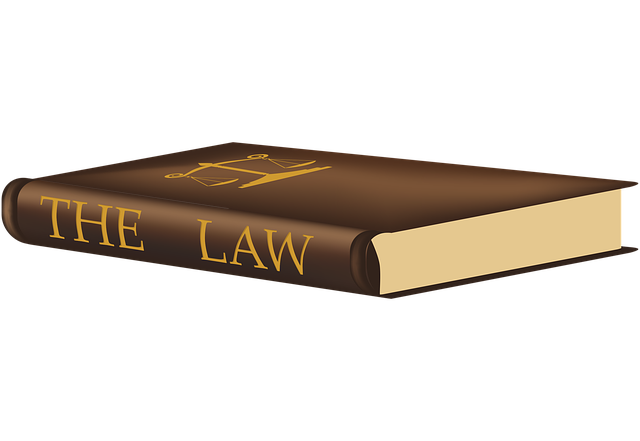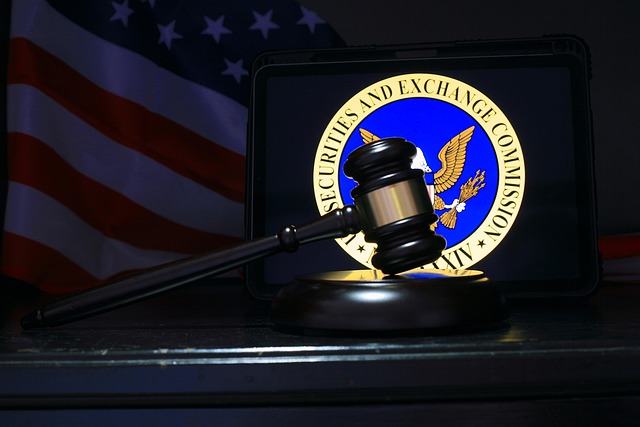Understanding defamation law is crucial for criminal defense attorneys handling complex cases involving public figures or national interest. To build robust defenses, they must master elements of slander and libel, challenge evidence, question witnesses, and present compelling counter-narratives. Proving damages is critical in defamation cases to protect reputation and liberty, with strategies focusing on financial and reputational losses. Attorneys need a deep grasp of jurisdiction-specific laws and regulations to mitigate sentences, secure rights, and achieve just compensation. Navigating social media and public statements, they evaluate claims, assess impact, and determine incurred damages. Ethical challenges include balancing client protection and fair process while adhering to confidentiality and integrity standards.
Criminal Defense Attorneys play a pivotal role in safeguarding individuals accused of crimes. This article delves into essential aspects of defamation law, crucial for these attorneys. We explore the intricate process of proving damages, analyze strategies in defamation cases, and study legal precedents to provide real-world insights. Additionally, we discuss ethical considerations that guide criminal defense lawyers navigating complex defamation trials, with a particular focus on understanding and applying damage assessment methods.
- Understanding Defamation Law: A Foundation for Criminal Defense Attorneys
- The Role of Proving Damages: Unraveling the Legal Process
- Strategies in Defamation Cases: Navigating Through Complex Evidence
- Legal Precedents and Case Studies: Lessons from Real-World Scenarios
- Ethical Considerations for Criminal Defense Attorneys in Defamation Trials
Understanding Defamation Law: A Foundation for Criminal Defense Attorneys
Understanding defamation law is a cornerstone for criminal defense attorneys navigating complex cases. Defamation, a false statement presented as fact, leading to harm on an individual’s reputation, requires a deep understanding of both legal and public relations strategies. Criminal defense attorneys must grasp the nuances of defamation to effectively challenge allegations, especially in cases involving public figures or issues of national interest.
Mastering this field involves recognizing the elements of defamation, including slander and libel, as well as proving damages. Understanding how to navigate all stages of the investigative and enforcement process, from initial inquiry to jury trials, is crucial for building a robust defense strategy. Moreover, knowing how to challenge evidence, question witnesses, and present compelling counter-narratives can significantly impact the outcome in general criminal defense scenarios.
The Role of Proving Damages: Unraveling the Legal Process
In criminal defense, proving damages is a pivotal aspect, especially in defamation cases where reputation and liberty are at stake. The process involves meticulous legal maneuvering to demonstrate the extent of harm caused by false accusations or malicious publications. Lawyers employ strategic tactics to unravel complex narratives, presenting evidence that highlights the client’s loss—be it financial, reputational, or both. This critical phase can make or break a case, particularly in high-stakes scenarios where avoiding indictment becomes paramount.
The legal landscape for proving damages varies depending on jurisdiction and the nature of the crime. General criminal defense attorneys must be adept at navigating these intricacies, ensuring their clients receive just compensation. By meticulously compiling and presenting evidence, they can counteract accusations, mitigate potential sentences, and safeguard their client’s rights. This process demands a deep understanding of defamation laws and an unwavering commitment to protecting the interests of the accused.
Strategies in Defamation Cases: Navigating Through Complex Evidence
Defamation cases often present intricate challenges due to the complex nature of evidence involved. Successful strategies for criminal defense attorneys in such cases hinge on meticulous evaluation and interpretation of information. This includes scrutinizing the truthfulness of claims, understanding the context in which they were made, and assessing their potential impact. By employing a thorough analysis of available evidence, lawyers can either prove or disprove damages, which is a crucial aspect of defamation lawsuits.
Attorneys must navigate through a web of facts, identifying and presenting evidence that supports their client’s innocence or mitigates the alleged harm. This involves delving into social media posts, public statements, and any relevant interactions to demonstrate an absence of malice or falsehood. Moreover, understanding the nuances of both the philanthropic and political communities, where defamation can often thrive, is paramount. Through robust legal strategies and a focus on winning challenging defense verdicts, criminal defense attorneys can secure complete dismissals of all charges, ensuring their clients’ rights are protected.
Legal Precedents and Case Studies: Lessons from Real-World Scenarios
Legal precedents and case studies offer invaluable insights for criminal defense attorneys, acting as a guide to navigate complex legal landscapes. By examining real-world scenarios, lawyers can learn from successful strategies employed in past cases, enhancing their ability to prove their clients’ innocence or mitigate sentences. These studies provide a tangible understanding of how the law is applied, especially in high-stakes cases where the stakes are high and public scrutiny intense.
For instance, understanding how damages are proved in defamation cases can be crucial in avoiding indictment or securing winning challenging defense verdicts. Effective legal arguments built upon such precedents empower attorneys to navigate labyrinthine legal systems, ensuring their clients receive fair treatment. This strategic approach, grounded in real-world experience, allows for more successful outcomes, especially when dealing with complex and sensitive matters.
Ethical Considerations for Criminal Defense Attorneys in Defamation Trials
Criminal Defense Attorneys representing clients in defamation trials face a unique set of ethical considerations. As they navigate complex legal landscapes, their primary goal is to protect their client’s reputation while ensuring a fair and just process. Defamation cases often involve proving damages, which requires meticulous handling of evidence and testimony. Attorneys must balance the need for a thorough investigation with maintaining confidentiality, especially when dealing with sensitive information related to their client’s personal and professional life.
Ethical guidelines emphasize the importance of zealous advocacy while upholding integrity. Defense attorneys should avoid strategies that could lead to indictment or exacerbate existing white collar and economic crimes. By focusing on presenting a compelling defense without compromising integrity, they increase the chances of achieving favorable winning challenging defense verdicts. This approach not only ensures justice but also strengthens the attorney’s professional reputation in an area where trust is paramount.
Criminal defense attorneys play a pivotal role in navigating complex defamation cases, requiring a deep understanding of both legal principles and ethical conduct. By mastering the foundations laid out in this article—from defamation law to ethical considerations—attorneys can effectively strategize, navigate legal precedents, and ultimately prove damages, ensuring justice for their clients. The key lies in staying informed, adhering to professional standards, and employing innovative strategies to counter defamatory claims.






